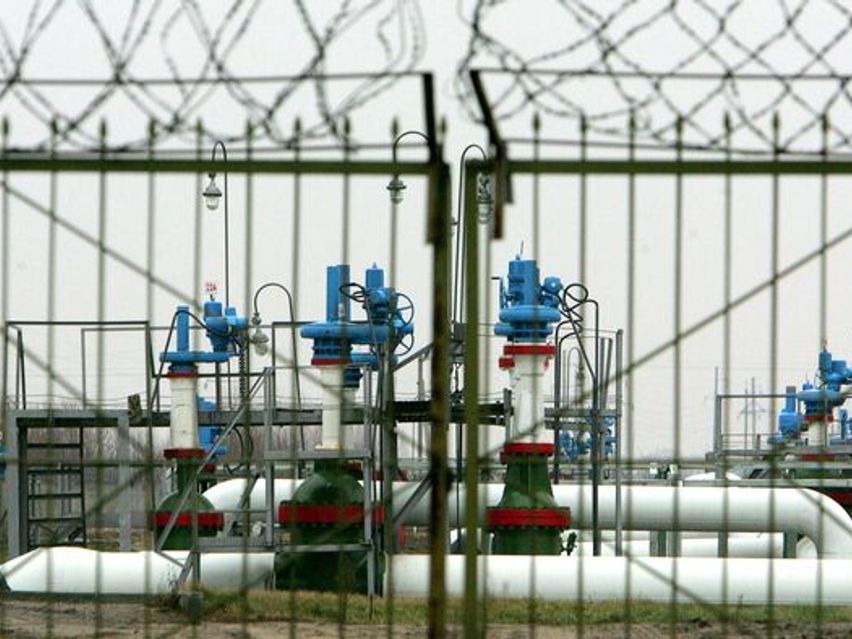Balazs Orban commented on Friday’s Bundestag decision rejecting a bill to tighten German asylum policy. He stated that a major battle is taking place in the German parliament between pro-migration and anti-migration forces. He took the view that German public opinion has turned around in recent years, with the population overwhelmingly demanding changes in migration policy. However, a parliamentary majority for such reforms has not yet been achieved.
He described the situation in Germany as
near-catastrophic, noting that between three and five million asylum seekers have arrived since 2015, with 251,000 arriving in 2024 alone,
He emphasized that cities and public services are overwhelmed and that violent crimes linked to migration are "skyrocketing," leading to significant social tension. He added that German politics is currently in a "frozen, indecisive, stalemate-like" state, but expressed hope that the political elite will eventually embrace the new approach.
Balazs Orban pointed out that what some German politicians are now proposing aligns with Hungary’s border protection measures. The migration policy that Germany is now considering as new is essentially the Hungarian approach.
The priorities of this approach include preventing illegal entry by all possible means and deporting those staying illegally in the country, he explained, noting that in this sense, the humanitarian aspect of migration policy must be "scaled back".
These basic principles form the foundation of Hungary’s successful migration policy. However, due to this approach, Hungary faces sanctions from Brussels, costing the country millions of euros,
the Hungarian prime minister's policy chief pointed out.
In his view, the Brussels elite fails to help member states protect their borders or expel illegal migrants from the continent. Instead, they impose legal, administrative, and financial obstacles to prevent an anti-migration turnaround in European countries.
When asked about European energy security, Balazs Orban stressed that it is a key national strategic interest. He argued that Brussels should pursue policies that protect member states and their strategic interests while ensuring their energy sovereignty.
The politician called it unacceptable that Ukraine's behavior undermines the energy security of member states, and stressed that Hungary can only contribute to the European discourse on Ukraine if it receives guarantees that its energy security is not threatened by Ukraine.
We have now received these guarantees. If they turn out to be more than just words on paper, cooperation with Hungary will be possible. If not, Hungary will have to consider even stricter and more serious countermeasures,
he stated.
He noted that Hungary always has the option to block the sanction policies and halt Ukraine’s integration with the European Union.
If Ukraine undermines the energy security interests of certain EU member states, then I believe Ukraine’s accession process to the EU should be stopped,
he opined.
Balazs Orban called the criticisms from Brussels and the Hungarian opposition on the 13th monthly pension "perturbing", saying that they are trying to put pressure on Hungary with the idea of phasing out the 13th monthly pension.
We have been resisting this pressure for years,
he said, pointing out out that even Brussels' "Hungarian voice"—the experts and program writers of the opposition Tisza Party—are now calling it a "problematic policy measure".























Szóljon hozzá!
Jelenleg csak a hozzászólások egy kis részét látja. Hozzászóláshoz és a további kommentek megtekintéséhez lépjen be, vagy regisztráljon!